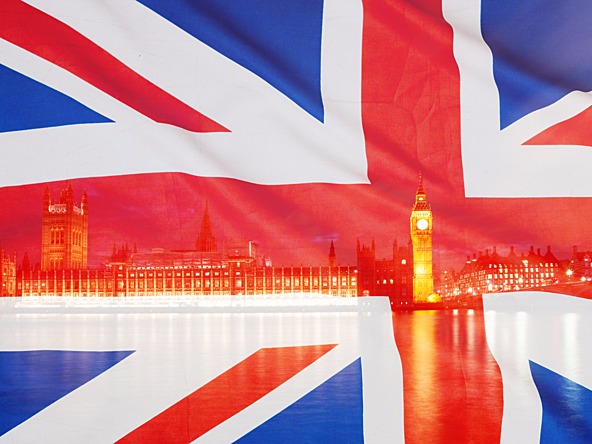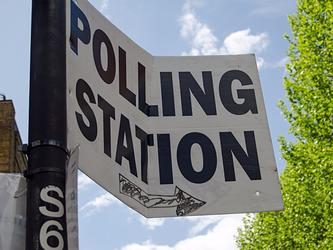‘Normal’ people don’t follow politics

BritainThinks has been doing qualitative research in six key constituencies among undecided voters who cut across Remain and Leave and are mixed in terms of age, gender, ethnicity etc. The six constituencies are: Cambridge; Hartlepool; Erdington, Birmingham; Glasgow East; Harrow West; and Wells.
It summarised its findings from this campaigning period as:
- ‘Normal’ people don’t follow politics very closely
The high engagement of last year’s referendum was the outlier rather than the new norm and swing voters aren’t paying close attention to the campaign. The social care U-turn and reintroduction of fox hunting were the top policies, of only a handful, that have been memorable.
- Voters have learned about Theresa May and Jeremy Corbyn
This campaign has been unusual in that voters generally didn’t know much about either leader – normally at least one candidate is familiar. Jeremy Corbyn has outperformed very low expectations – a ‘nice but ineffective’ theme was also seen for Ed Milliband in 2015.
- This hasn’t been the ‘Brexit election’
While voters see Brexit as a key challenge for the country and people remain polarised, Remainers are spread across all the parties. So Accepting Pragmatists see Brexit as decided, Devastated Pessimists have often given up hope, and other issues feel more important or more immediate to voters.
- The UK has returned to two party politics
The combined Conservative and Labour share is the highest it’s been in decades (up to 80% in some polls) as UKIP and Lib Dem support has declined. While the Conservatives have taken over UKIP territory, the Lib Dems campaign has floundered – on Brexit the majority are accepting the result; legalising cannabis puts off Tories and is seen as distraction to Brexit stance; and Tim Farron is not proving a popular draw. A coalition government is not liked.
- The Labour Party brand has changed; the Conservatives’ hasn’t
Conservatives continue to be seen as posh (especially with fox hunting policy) – May targeting JAMs (just about managing) hasn’t cut through. Labour has returned to more working class image.
- The fundamentals still point to Theresa May
While Corbyn has had successes – he’s seen as natural and principled – May is still trusted most as Prime Minister. She is seen as strong, experienced and capable; more trusted for upcoming negotiations and countering terrorism. Voters more likely to vote for Labour are also those least likely to turn-out.

We hope you enjoyed this article.
Research Live is published by MRS.
The Market Research Society (MRS) exists to promote and protect the research sector, showcasing how research delivers impact for businesses and government.
Members of MRS enjoy many benefits including tailoured policy guidance, discounts on training and conferences, and access to member-only content.
For example, there's an archive of winning case studies from over a decade of MRS Awards.
Find out more about the benefits of joining MRS here.













0 Comments